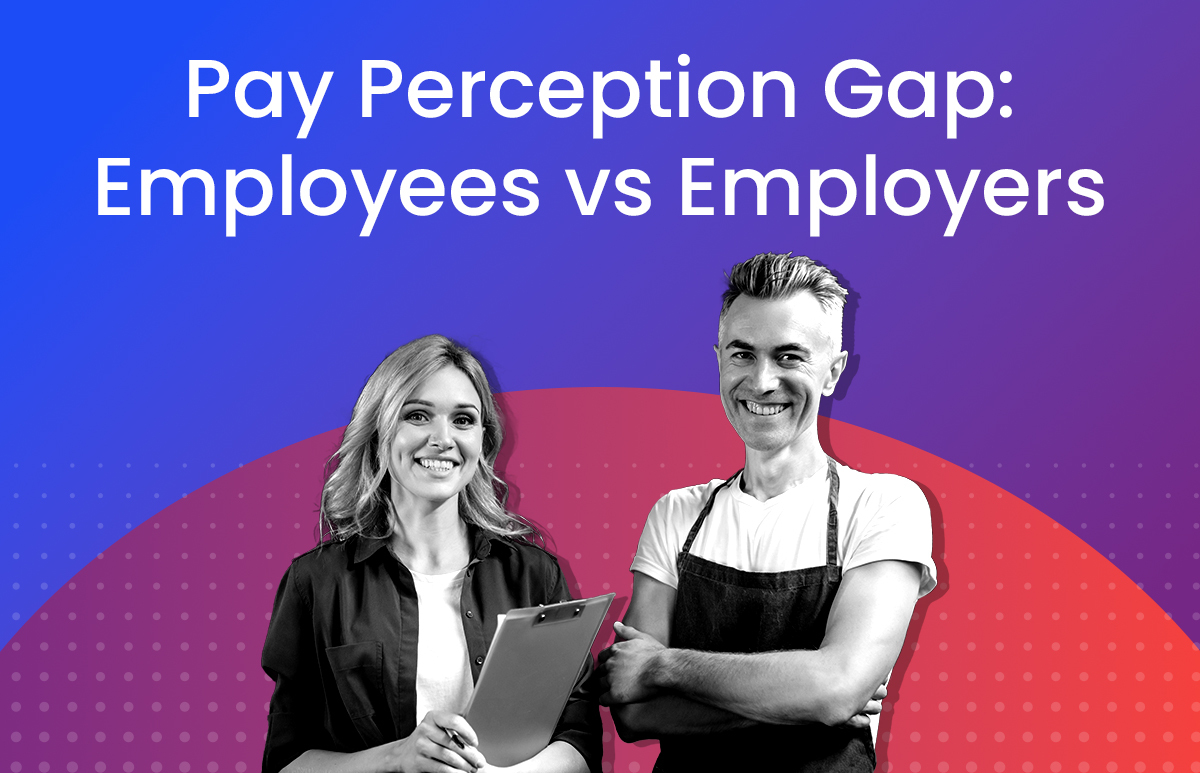Performance management and mental health: Where do employers stand?

The success of R U OK? Day in September, followed by The World Health Organisation’s Mental Health Day in October, have served to reinforce the critical role that employers play in supporting the mental wellbeing of all employees.
Mental illness affects a high proportion of the Australian population. To cite just one statistic, BeyondBlue[1] reports that 45% of the Australian population will experience a mental health condition in their lifetime. Those issues don’t disappear at the office door; there’s a fair chance that people in your office or team are impacted by mental health in some way.
Here, we’ll tackle one of the most challenging issues employers face: performance managing an employee with a mental health condition.
All about context
Performance-related conversations can be tricky at the best of times. Hopefully your organisation has a structured process in place and your people managers have the skills required to handle difficult conversations. Perhaps you’ve even moved towards regular performance catch-ups instead of annual or bi-annual performance appraisals. Regardless of the approach, there are certain facts to be aware of when it comes to performance managing someone suffering with a mental health issue.
Firstly, it’s important to note that employees do not always disclose a mental illness voluntarily, and nor are they legally obliged to do so. Pre-employment medical assessments will not always disclose them unless the medical condition affects the inherent requirements of the relevant role.
Secondly, privacy and anti-discrimination legislation may also prevent employers asking about possible medical conditions.
Despite these restrictions, Amber Chandler, Partner at Barker Henley, states[2] there will inevitably be times when a mental health issue takes centre stage.
“An employee’s mental health condition will be relevant to an employer if it affects safety in the workplace, or the employee’s ability to perform the inherent requirements of their role,” she says.
Chandler suggests that when managers notice employees exhibiting behaviour that would fit the description of misconduct – for example, uncharacteristic lateness, a general lack of focus resulting in poor work quality or disrespect – the automatic reaction can often be to performance manage or discipline the employee. However, employers are urged to show support early on.
“While an employer is certainly entitled to apply their standard performance management system to all employees where they have a legitimate concern about their performance, it is important to take into account personal circumstances and whether a mental illness may be contributing to poor performance,” Chandler states. “Therefore, if an employee does disclose a mental health issue, it is advisable to only move to performance management as a last resort as it is possible performance management may only exacerbate the employee’s stress and anxiety levels.”
The Fair Work Commission is littered with decisions in unfair dismissal matters and adverse action cases which highlight the need for an employer to open a dialogue with an employee when mental illness is impacting an employee’s performance. Two examples worth checking are State of Victoria (Office of Public Prosecutions) v Grant [2014] FCAFC 184 and Vernham v Jayco Corporation Pty Limited [2015] FWC 8185.
Next steps
Employers will be left with a fundamental question: is the underperformance or misconduct caused by a mental health condition, or is it simply underperformance or misconduct? Chandler suggests it’s important to identify the reason for performance issues before taking any performance management or disciplinary action.
In another article[3], Campbell Fisher, Managing Partner and Solicitor Director at FCB Group, says employers must also assess if the employee is capable of participating in a formalised performance management process.
“It’s important to question whether somebody with a mental illness is actually well enough to properly respond to a process and make decisions for themselves,” says Fisher.
“That’s always a difficult issue. Essentially it is a medical question rather than a legal question, but it’s something that people often don’t pay enough attention to.
“Instead, they just launch straight into a process and wonder why it doesn’t go very well.”
Appropriate support
The decision to proceed with performance management should ideally be based on an independent medical assessment, especially if the employee is contending that they are not well enough. Employers might also consider introducing different people to the performance process – particularly if interpersonal issues are at play – and offer other support, such as an employee assistance program (EAP).
“You would normally offer the person who is going through the process, a support person so that they can be supported through the process,” Campbell adds.
“If the person is really unwell you have got to assess whether the process itself places them at further risk of harm and whether it is also manageable for the people who are involved in the process with them.”
It’s important to support managers as it can be stressful managing a person with a serious mental health condition, especially if they threaten to self-harm.
“It can be not only a danger to them but also to the people around them who take on the responsibility of trying to ensure that they don’t do that,” Campbell says.
“People who have mental health issues sometimes operate in unpredictable ways and the obligation of organisations is not only to protect their health and safety at work but also the other people at work.”
Key take-aways
Chandler provided 5 tips to be mindful of:
- If the employee discloses a medical condition, ask them about it and seek a medical opinion.
- Have strong policies and procedures and follow those procedures fairly and transparently. Ask yourself: would I be treating someone the same way if they did not have this condition but in the same circumstances?
- Do not delay in carrying out action. Delay can exacerbate existing mental illnesses.
- Ensure the employee always has a support person present. This could be a personal friend, family member or even their own GP or psychologist.
- Have a clear paper trail of the action you have taken, that is consistent – particularly in terms of the reason you have carried out performance management or disciplinary action.
Performance managing an employee who has a mental condition is complex. Employers need to walk a tightrope between anti-discrimination laws and work, health & safety laws, while balancing the needs of all employees and the interests of the business. Having the right foundations in place – in terms of performance management processes and tools, and an accessible EAP – can be a small but important step in the right direction.
Further information and advice for employers can be found in the Mentally Healthy Workplace Alliance’s Heads Up guide.
The Performance Management solution offered by ELMO Software Cloud aims to maximise employee performance and potential. Configurable to your requirements, including goal setting capabilities, competency models and development plans, ELMO Performance Management allows managers to obtain a holistic view of performance by extending feedback across teams using 360 reviews for formal assessment, or capture recommendations from colleagues.
[1] https://www.beyondblue.org.au/the-facts
[2] https://www.hcamag.com/hr-news/managing-an-employee-with-mental-health-issues–what-you-need-to-know-249044.aspx
[3] https://www.hcamag.com/hr-news/disciplinary-action-and-mental-illness-245025.aspx
 HR Core
HR Core 









